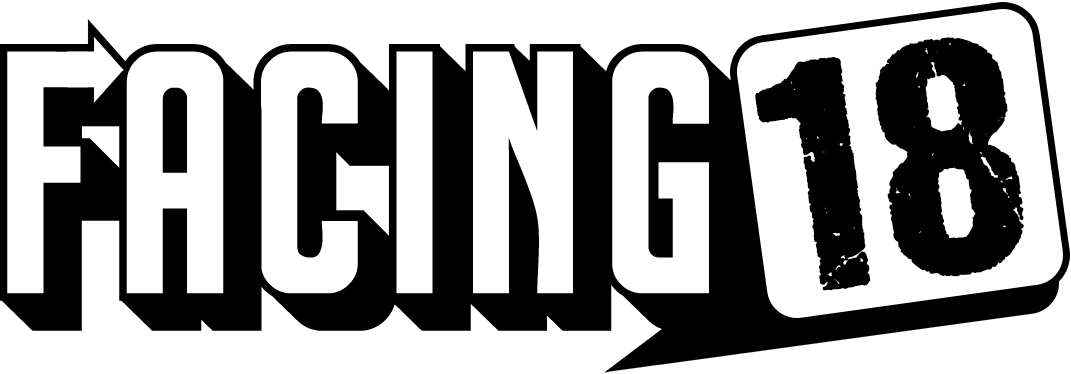Let's get started...
Eating well may seem like something only adults worry about, but understanding nutrition can make a big difference, especially during your teenage years. Knowing about good nutrition isn't just about avoiding junk food; it's about giving your body the fuel it needs to grow, learn, and be active. Just imagine your body as a vehicle that requires the right type of fuel to run efficiently that's what good nutrition does for you.
Why Nutrition is Crucial During Your Teenage Years
As a teenager, your body is going through lots of changes. It needs a bunch of different nutrients to support this growth spurt, build strong bones, and develop a healthy brain. Proper nutrition can also help you feel more energised, manage your weight, and decrease your risk of diseases. Plus, developing good eating habits now can set the stage for a healthier lifestyle as you grow older.
Key Nutrients Every Teen Should Focus On
Every nutrient has a role to play, but there are a few that are particularly important when you're a teenager.

- Calcium: This keeps your bones and teeth strong. Since you build most of your bone density by your early twenties, now is the time to stock up on calcium. Good sources include milk, cheese, yoghurt, and green leafy vegetables.
- Iron: Iron is vital for your growing body and helps carry oxygen to your muscles and brain, improving concentration and endurance. You can get iron from meat, beans, nuts, and fortified cereals.
- Protein: Essential for muscle development and repair, protein should be a key part of your diet. Foods like fish, chicken, eggs, and legumes are great sources of protein.
- Vitamins A, C, and D: Vitamin A helps with your eyesight and skin, Vitamin C is important for your immune system, and Vitamin D, which you can get from sunlight, strengthens your bones.
How Nutrition Impacts Your Daily Life
Understanding the impact of food on your mood and energy levels can help you make better choices. For example, starting your day with a nutritious breakfast can improve your concentration and help you perform better in school. On the other hand, foods high in sugar might give you a quick burst of energy, but this is often followed by a crash, making you feel tired and irritable.
Practical Eating Tips for Busy Teens
We know life as a teenager can be busy. Between school, homework, sports, and spending time with friends, it might seem hard to eat well. However, here are some practical tips to help you include good nutrition in your hectic routine:
- Always have breakfast: It can be as simple as a bowl of whole-grain cereal with milk or a piece of fruit with yoghurt. These are quick to prepare and eat, and they'll give you a good start to your day.
- Snack smart: Instead of reaching for crisps or sweets, try snacking on nuts, seeds, or fruit. These healthier options are not only better for you, but they also keep you full for longer.
- Stay hydrated: Drinking plenty of water is crucial for your overall health. Try carrying a reusable water bottle with you to ensure you drink enough throughout the day.
- Plan ahead: If you have a busy week coming up, think about what meals you can prepare in advance. Perhaps you could help your parents cook dinner and make extra for your lunches?
Also, when you're out with friends, look for healthier options on the menu. For instance, choose a grilled chicken sandwich over a fried one or opt for salad instead of chips.
Understanding Food Labels
Reading food labels can seem confusing at first, but it's a good skill to develop. Start by looking at the serving size and the number of servings per package. Then check the amount of calories and nutrients like fat, sugars, protein, and vitamins. This information can help you choose foods that are lower in sugar, fat, and salt and higher in essential nutrients.
Navigating Challenges
Peer pressure and advertisements can make it difficult to choose healthy options. It's okay to enjoy the occasional fast food meal or sweet treat - balanced eating isn't about complete denial. The important thing is to make nutritious choices most of the time.
Remember that every small positive change in your diet can add up to big benefits in the long run. Whether it's choosing whole grain over white bread or drinking water instead of soda, these choices contribute to your overall health and well-being.
By understanding and applying the basics of nutrition, you're not only improving your health during your teenage years but you're also setting yourself up for a healthier adult life. So, take some time to think about what you eat your body will thank you for it!
How are you feeling?
It is really important that when we need help, we feel able to ask for it. This could be speaking to a parent, a close friend, a teacher or someone else you trust. Sometimes it can be really hard to share our feelings with other people but if we are feeling low or don't know where to turn, sharing with others is really important. Teachers will always take you seriously and listen to your problems in confidence if you approach them for help. Likewise, parents, siblings or friends will help you if you reach out to them.
If you feel like you can't speak to anyone you know, there are people and organisations that can help support you:
- Childline - Call them on 0800 1111 any time of the day or night, every day of the week
- NSPCC - Call them on 0808 800 5000 between 10am and 4pm Monday to Friday or email them on help@NSPCC.org.uk
- The Samaritans – Call them on 116 123 any time of the day or night, every day of the week
- SANE – Call 0300 304 7000 for support (4:30pm - 10:30pm every day)
- Mind – Call 0300 123 3393 (9:00am - 6:00pm Monday to Friday)
*Sometimes we will use real life examples in our articles to aid understanding. When we do, names and ages will be changed.













